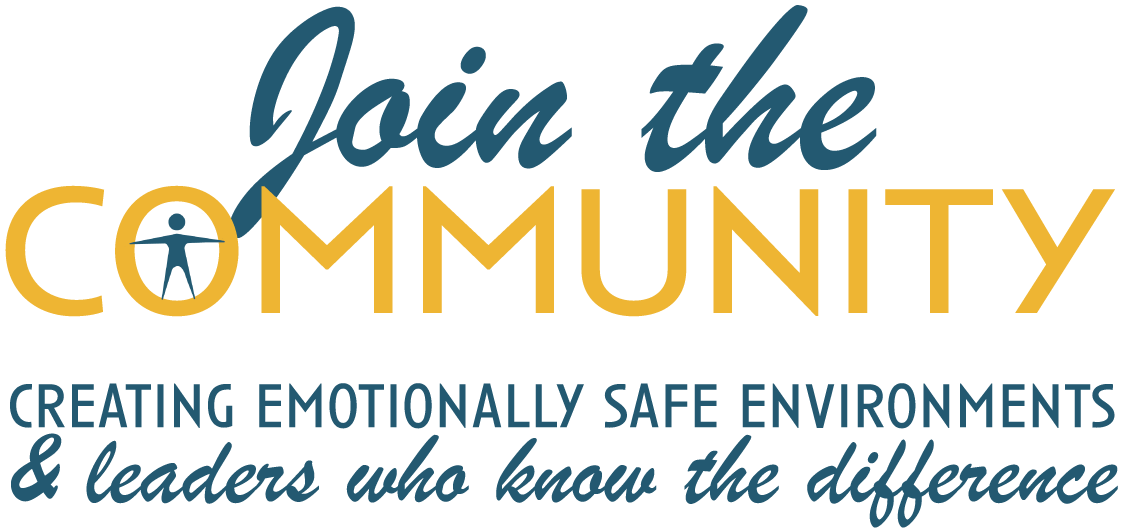Building Community in Schools by Introducing SEL
Jade Cooney with her fifth-grade class at Visitacion Valley Elementary School in San Francisco. She leads “good-behavior games” as part of an effort to develop students’ social-emotional skills. Photo Credit: Elizabeth D. Herman for The New York Times
Read the original New York Times article here.
Although we're always happy to find the education community (finally) recognizing that it is the duty of schools to care for the social and emotional well-being of our nation's children by introducing social emotional literacy, we are shaking our heads at this early attempt to standardize an Emotional Literacy testing requirement in schools.
In what seems like another cart-before-the-horse move, education leaders are pushing to test students on their SEL skills/attitudes 1) before they have a set of agreed upon (or even suggested) curriculum that help to bring about improvement for students 2) before they have thoughtfully considered what it means to "test" students on a complex set of internal character attributes 3) before they have provided teachers with the absolutely essential training it requires to model and teach social-emotional literacy. We are literally asking teachers to teach a "subject" that they have never personally had to study. While some teachers might come into the classroom grounded in some of the fundamental tools of SEL, many do not! Through no fault of their own, they are ill-equipped to handle the important weight of talking with kids about their character, because they themselves have never been taught and had the opportunity for the kind of deep self-reflection it takes to truly become literate in this oft-dismissed social-emotional skill-set.
Social Emotional LITERACY is not something that one can access and teach by flipping through a curriculum binder at a two-hour PD in the fall, and the implications for what happens to students when this is the approach, could be devastating. Imagine the frustration of a child who feels s/he is not "making the mark" in some aspect of character/citizenship, but cannot figure out why (because the teacher who gave the test/grade doesn't have the specific tools needed to have the conversations needed to truly engage with the child on this level.)
Teacher training is the FIRST STEP. Teacher readiness is ESSENTIAL. Yes, we must make teaching social emotional skills a part of school, but a well-intentioned plan involving tests and a lack of training/curriculum sounds an awful lot like the Common Core. When Common Core launched, students' frustrations skyrocketed. Teachers satisfaction plummeted. Are our kids any smarter? This should serve as a lesson into this particular "almost-good idea". Plan. Plan. Plan. Put the horse before the cart. Give teachers the chance to be successful in what they are being asked to teach.
Community Core gets to the heart of the matter with a culture-shifting approach to Social Emotional Literacy that STARTS with the Teachers.
We welcome the thoughts as educators, parents, and caring citizens who believe our kids deserve something better by building community in schools.
Tell us about the teachers you had who CONNECTED TO YOUR CORE and CONNECTED YOU TO YOUR COMMUNITY. Or...tell us about the ones who didn't.

